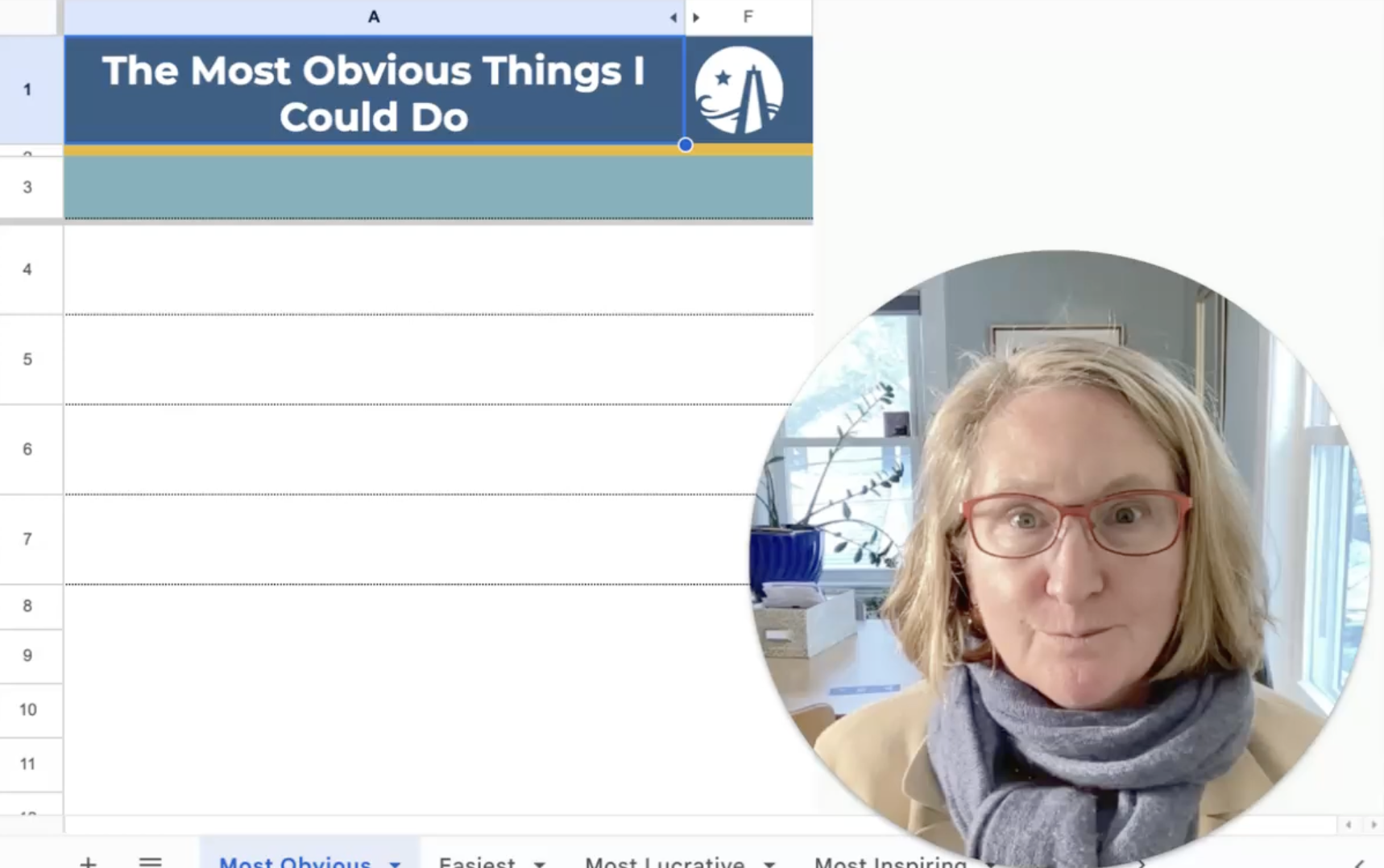I’m always on a hunt for good, quick, helpful guides to negotiation. With that hope I just read Good for You, Great for Me by Lawrence Susskind. You can skip it, unless you’re a corporate CEO with a long plane ride who wants to relive your MBA case study days, and are thinking about a company-wide negotiation training initiative.
For candidates negotiating salary, benefits, vacation, and other work conditions, it’s not particularly relevant.
But I did find myself talking to a client earlier today using one of Susskind’s recommendations: “Write Their Victory Speech.” His point is that sometimes, your negotiation partner wants to do a deal with you — but anticipates objections from their internal audience. In such cases, he suggests, you do well to think about how to help them justify the deal you’re proposing.
My client is entering the final round of a national search, run by a search firm. The decision-maker is a committee, including representatives from the staff, the board, and some key constituent/partner groups. Although all the parties shared goals about this position, it’s likely some groups cared more about particular features or attributes than others. As we debriefed the interview questions and thought about the next step, it was helpful to recognize that each of the decision-makers would want ammunition to explain to people outside the interview room why they would advocate for this candidate, and to make sure we did our best to speak to those needs and concerns in language that would matter to their “back table”.
It’s also to help keep this frame in mind if you feel that an interviewer is challenging you on a particular point. It can be tempting to feel defensive, if you are getting hammered with questions. But it’s possible that your conversational counterpart is building the case, so they can advocate for you to an internal audience. Thinking in those terms can help minimize defensiveness or fragility, and anything that reduces your nervousness and gives you a chance to build an authentic rapport in the interview is useful.
If you have a favorite negotiation resource, I’d love to hear about it. I still find this prep handout a great way to help clients focus and plan for negotiations. But now I’ll be explicitly thinking about how to help decision makers write a victory speech about why the deal is great for their organization.


